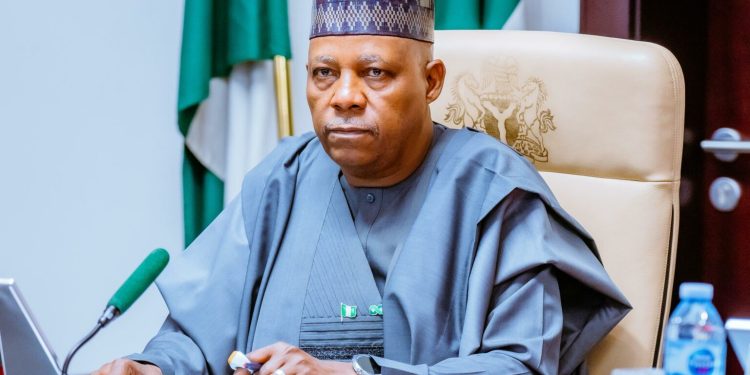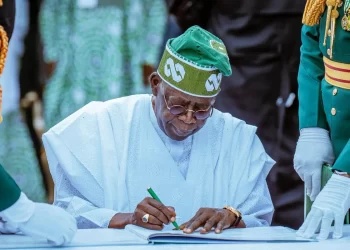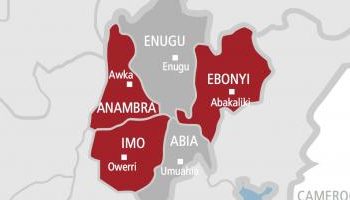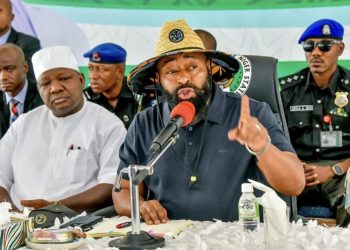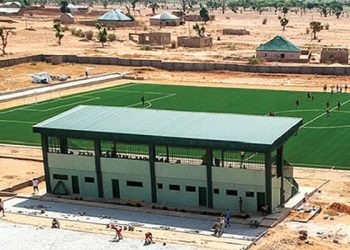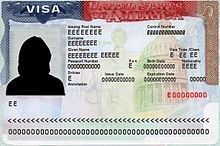Vice President Kashim Shettima has renewed the clamour for Nigeria to get one of the two permanent seats proposed for Africa on the United Nations Security Council.
In his address to the 80th session of the General Assembly in New York, Shettima, who represented President Bola Tinubu, declared that for global peace, development and human rights, Nigeria must be given a permanent seat on the council. Shettima anchored the call on Nigeria’s long-standing role as a key player in the search for global peace.
He said: “On my first point: the United Nations will recover its relevance only when it reflects the world as it is, not as it was. Nigeria’s journey tells this story with clarity: when the UN was founded, we were a colony of 20 million people, absent from the tables where decisions about our fate were taken; today, we are a sovereign nation of over 236 million, projected to be the third most populous country in the world, with one of the youngest and most dynamic populations on earth.”
The Security Council, responsible for maintaining international peace and security, currently comprises 15 members, including five permanent members—Russia, China, the US, Britain, and France—who hold veto power.
Nigeria’s push for a permanent seat and veto power is rooted in its decades-old active involvement in peacekeeping and peace enforcement efforts across the world.
Its commitment to global peace and stability as a sovereign entity dates to when it began its first peacekeeping operation in the Congo in 1960, the same year it gained independence.
That marked its entry into international peacekeeping efforts as the Nigerian Army contributed to the UN operations in the Congo in the same year. Before independence, Nigeria had contributed troops and equipment to the Second World War under the auspices of its colonial master, Britain.
Since its independence, Nigeria has played a leading mediatory role in conflicts across Africa.
Notable cases occurred in Liberia, Sierra Leone, The Gambia, and Sudan, while it also led the push that culminated in the end of apartheid and the inception of majority rule in South Africa.
It spearheaded the establishment of the ECOMOG under the auspices of ECOWAS to intervene decisively in Liberia and Sierra Leone.
When the UNSC was established after World War II in 1945, no African country was a major power and therefore, the continent was not considered for a permanent seat.
However, Nigeria has been a strong advocate for reforming the UNSC to reflect the current global landscape.
If Nigeria is chosen as a permanent member of the council, its global influence will increase. This will enable it to effectively shape international policies and decisions, particularly on issues affecting Africa. Given its pedigree, Nigeria will propel Africa’s Interests, amplify the continent’s voice and promote its interests in global governance.
A permanent seat will boost Nigeria’s credibility and cement its commitment to global peace and security, enhancing its reputation as a leader in Africa. Nigeria’s long-standing significant contributions to UN peacekeeping missions and its role in maintaining regional stability make this case even more tenable.
The US had, in September 2024, pushed the case for African and Pacific countries to be given permanent seats on the council. It described the call as part of a push for a broader reform of the world body. Africa’s current profile as a world player is compelling.
The continent has a huge population estimated at 1.52 billion or 18.3 per cent of the world’s 8.18 billion as of November 2024.
However, Nigeria’s internal contradictions, coupled with its weakened global image, remain major hindrances to this bid.
Nigeria’s Afrocentric foreign policy thrust must be pursued with immense consideration for the worsening economic conditions of the country and its domestic interests.
Other obstacles include insecurity, corruption, poverty, and undemocratic tendencies, which undermine Nigeria’s legitimacy and credibility in the comity of nations.
The bid will require a huge financial outlay and a robust diplomatic push, which Nigeria’s current economic quagmire might negate.
Regardless, African countries should unite on which of them should be chosen to represent the continent.

